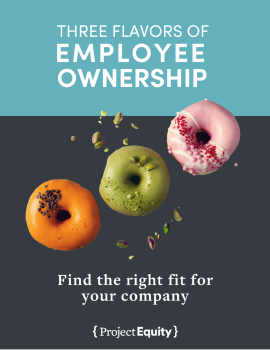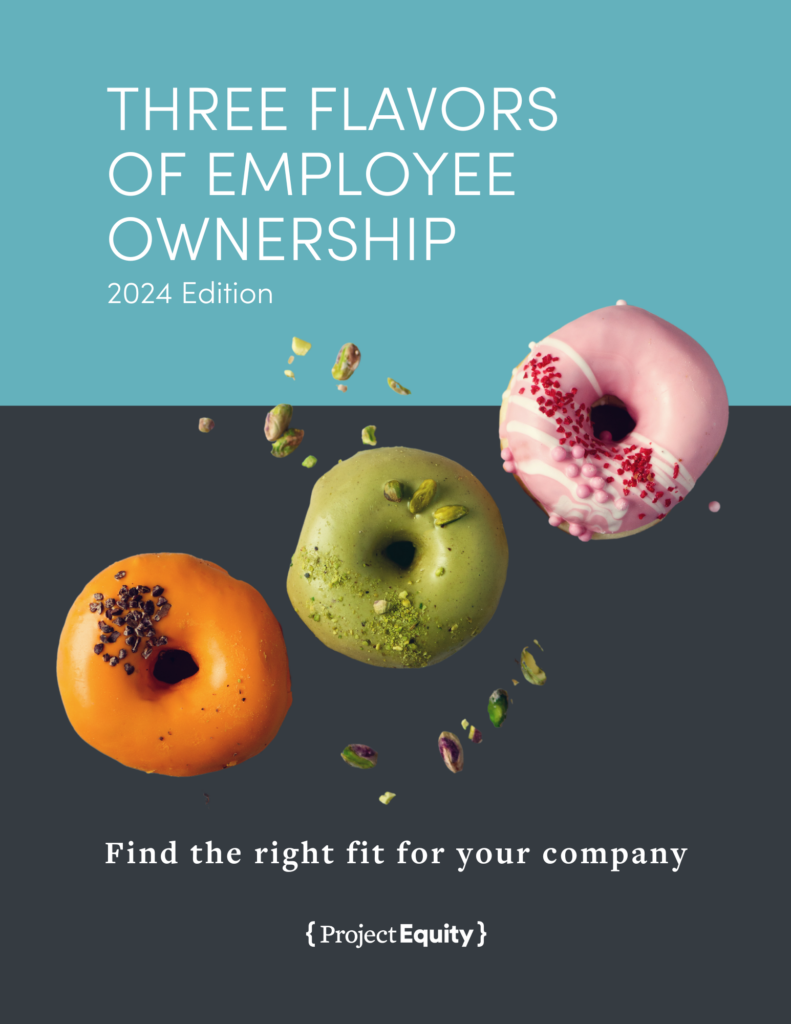Business owners have many reasons to be proud—and many reasons to consider employee ownership. When we bring on a client, we listen closely to their goals. Not only do we ensure a fair price can be negotiated for their business, we strategize the process to meet each individual needs.
There are three main types of broad-based employee ownership, all of which have been around for many decades: Employee Stock Ownership Plans (ESOPs), worker cooperatives and Employee Ownership Trusts (EOTs).
Each employee ownership model has key characteristics. We can help you decide what will work best for your company.

